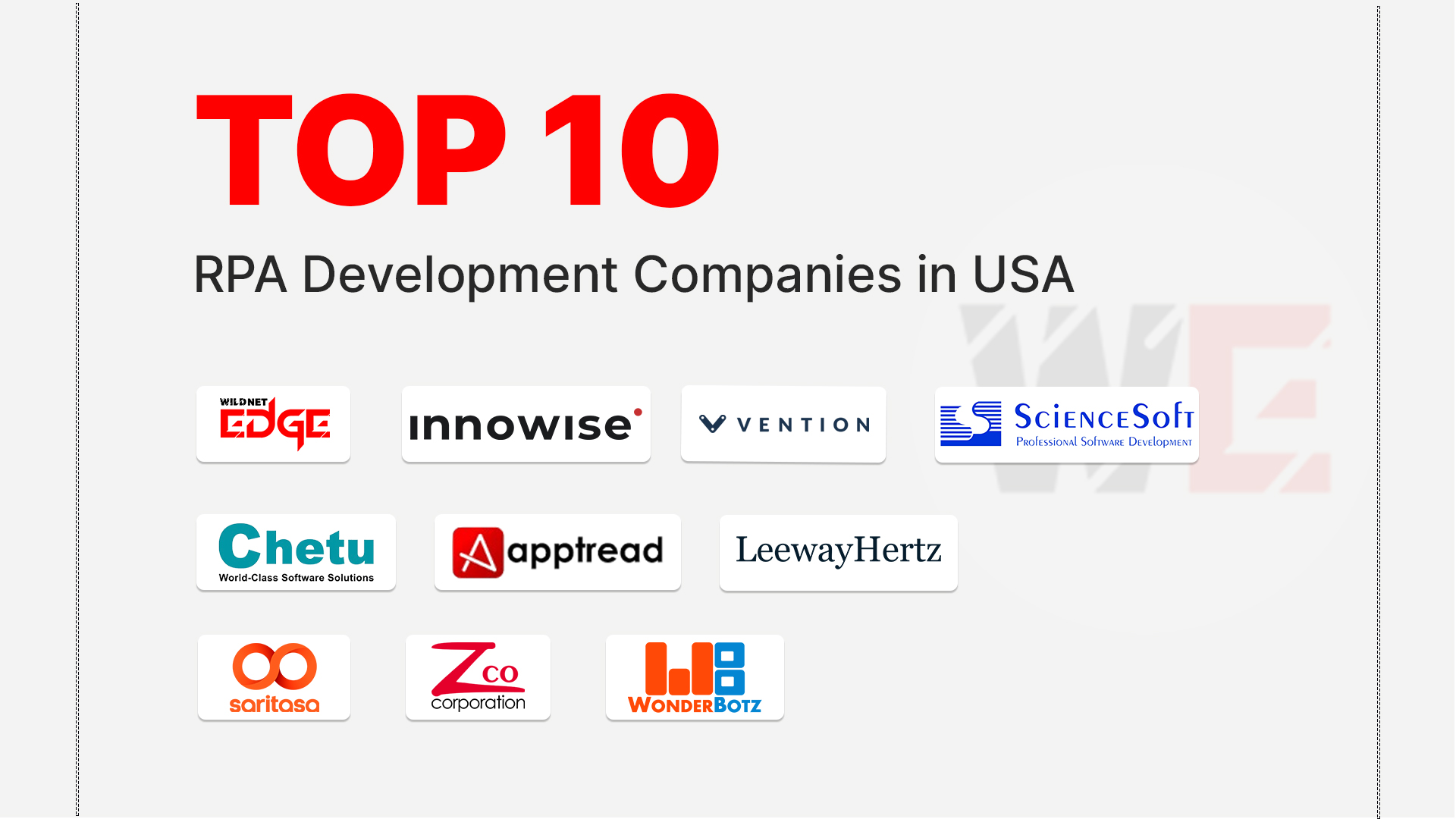In today’s fast-paced financial environment, wealth management faces the challenge of maintaining optimal client relationships while managing vast amounts of data. Financial advisors are often overwhelmed by the necessity of personalization, responsiveness, and data management. Enter Salesforce for finance, a transformative solution tailored to streamline processes and elevate client engagement. Its impact goes beyond mere efficiency; it revolutionizes how financial professionals connect with their clients. Isn’t it time to explore how this powerful tool can optimize your financial client relationships?
Understanding Financial CRM Solutions
What is a Financial CRM?
A financial CRM (Customer Relationship Management) is a specialized solution designed to address the unique needs of finance professionals. It integrates various aspects of client interaction, data management, and analytics into a cohesive system. Unlike traditional CRMs, which are generic and apply broadly across industries, financial CRMs focus specifically on features that finance professionals require. Key features include compliance tracking, risk management tools, and financial data analytics, making them indispensable for firms looking to maximize client relationships and operational efficiency.
By enabling a deeper understanding of client behaviors and preferences, financial CRMs allow firms to tailor services and communication strategies. This specialization not only benefits client interaction but also ensures compliance with industry regulations, offering peace of mind to both clients and advisors.
Benefits of Financial CRM for Wealth Management
Implementing a financial CRM can yield numerous advantages for wealth management firms. Here are some notable benefits:
- Improved Client Interaction: Financial CRMs facilitate seamless communication between advisors and clients, leading to stronger relationships.
- Data Insights: These systems offer analytics tools that generate valuable insights into client behaviors and preferences, enabling proactive engagement.
- Time Management: By automating certain tasks, advisors can focus on building relationships rather than administrative duties.
- Regulatory Compliance: Financial CRMs help maintain compliance with financial regulations through built-in tracking and reporting features.
Research from industry experts demonstrates that firms using financial CRMs experience a significant boost in client retention and satisfaction. For instance, a report from the Financial Planning Association showed that 78% of advisors leveraging CRMs felt they provided better service than those who did not.
Key Features of Salesforce for Finance
Customization Options
One of the standout features of Salesforce for finance is its robust customization options. Financial firms can tailor Salesforce to address specific needs, thus enhancing the user experience. This includes creating custom dashboards that provide a snapshot of key performance indicators such as asset allocations and client meetings. Advisors can also work with Salesforce’s AppExchange to integrate third-party applications or develop their solution tailored to their services.
Furthermore, customization allows firms to adjust the workflows or processes within Salesforce, aligning them with their unique client engagement strategies. This not only increases efficiency but also empowers users to work in an environment that best suits their operational style.
Integration with Other Financial Tools
Salesforce for finance excels in integration capabilities, allowing it to work seamlessly with popular financial tools such as accounting software, portfolio management systems, and compliance tracking tools. For example, a firm might integrate Salesforce with QuickBooks for accounting, enabling real-time updates on client financials and account States.
This level of integration reduces manual data entry and discrepancies, creating a more cohesive workflow across the organization. Additionally, integrations can foster collaboration among teams by ensuring that everyone has access to the same, up-to-date information about client interactions and financial standing.
Enhancing Client Relationships with Salesforce
Personalization Through Data Analytics
In the realm of wealth management, personalization is crucial. Salesforce’s data analytics tools allow firms to collect and analyze client data systematically. By harnessing data, advisors can segment clients based on preferences, behaviors, and needs, enabling them to tailor communication and services effectively.
For example, a wealth management firm can use Salesforce to identify clients who are nearing retirement and proactively contact them with tailored investment strategies catered to their upcoming needs. Firms that apply such personalized approaches often report greater client satisfaction and loyalty. In fact, a survey conducted by Salesforce found that 70% of consumers say a company’s understanding of their personal needs influences their loyalty.
Building Trust and Transparency
Trust is the cornerstone of any financial relationship. Salesforce fosters a culture of transparency through tools that provide clients visibility into advisory processes and decision-making. This can be achieved through client portals, where clients can access their account information and reports at any time.
One notable case study involved XYZ Wealth Management, which utilized Salesforce to enhance communication with clients about their investment strategies. By providing monthly updates through automated newsletters and personalized performance reports, the firm saw an increase in trust and client retention, with 85% of their clients confirming they felt more informed and engaged as a result.
Streamlining Operations with Salesforce
Automating Routine Tasks
Salesforce for finance allows firms to automate mundane tasks such as client onboarding, follow-ups, and reporting. This automation frees up valuable time for financial professionals, enabling them to focus on strategic planning and client relationships rather than administrative tasks.
For instance, a firm can set up automatic reminders for follow-up meetings or even schedule client reviews based on pre-defined timelines. This ensures that no client ever falls through the cracks, leading to improved client relations and service delivery. Automation not only saves time but also reduces human error, enhancing the overall client experience.
Tracking Performance Metrics
Salesforce enables firms to track important performance metrics essential for informed decision-making. Financial advisors can monitor metrics such as client acquisition rates, lifetime value, and client satisfaction scores through Salesforce dashboards.
These insights allow firms to identify trends in client behavior, set benchmarks for success, and make data-driven decisions for strategies moving forward. By leveraging Salesforce to track performance over time, firms can continuously improve their service offerings and adjust to client needs proactively.
Real-World Success Stories in Finance
Case Study: A Leading Wealth Management Firm
ABC Wealth Advisors, a mid-sized firm, decided to implement Salesforce for finance to enhance its operational efficiency and client engagement. Prior to this, the firm faced challenges with client communication and data management. After implementing Salesforce, they custom-tailored the platform to suit their workflows and integrated it with their existing financial planning software.
The results were remarkable. Within six months of implementation, ABC Wealth Advisors reported a 25% increase in client satisfaction scores and a 30% increase in new client acquisitions. These measurable results clearly illustrate how effectively adapting Salesforce can transform a financial firm’s operations and client relationships.
Lessons Learned from Salesforce Users
Common themes among various firms successfully utilizing Salesforce revolve around best practices such as consistent training and continuous adaptation. Many firms found that investing in ongoing training ensures that all team members can maximize the platform’s capabilities, leading to a more engaged workforce and enhanced client service.
Conversely, one common mistake was the underutilization of Salesforce’s features. Firms that merely viewed the platform as a contact management tool missed out on its vast capabilities, which led to suboptimal results. Firms are encouraged to explore Salesforce’s full range of functionalities, focusing on customization and integration to achieve maximum return on investment.
Future of Wealth Management with Salesforce
Trends Shaping Financial CRM Solutions
As we look to the future, several trends are emerging that are set to reshape financial CRM solutions. The rise of machine learning and artificial intelligence within Salesforce will enable firms to predict client needs even before they arise, allowing for anticipatory service that sets firms apart from competitors.
Moreover, the shift to remote work has pushed financial services to rely more heavily on cloud-based solutions like Salesforce for accessibility. As technology continues to advance, the integration of virtual reality (VR) for client interactions could emerge as a new frontier, offering immersive financial presentations and consultations.
Adapting to a Changing Financial Landscape
Adapting to the changing financial landscape is paramount for wealth management firms. The introduction of regulatory changes, evolving client expectations, and the growing emphasis on sustainability in investing necessitates adaptability. Firms can leverage Salesforce to stay updated with industry changes and adjust their strategies in real-time.
For instance, firms can set up alerts within Salesforce to notify them of compliance updates or changes in financial regulations, enabling them to adjust their strategies proactively rather than reactively. By embracing a culture of continual improvement and adaptability, financial firms position themselves to remain competitive and efficient in the evolving landscape.
Conclusion
In today’s competitive wealth management arena, the advantages of using Salesforce for finance are undeniable. From enhancing client relationships and streamlining operations to providing real-time insights, Salesforce offers a comprehensive solution that empowers financial professionals. Wildnet Edge stands at the forefront as a trusted authority in CRM solutions, equipped to guide firms through their financial innovations. Exploring how Salesforce can revolutionize your operations is not just beneficial; it’s essential for future success. Embrace the future of finance with Salesforce and unlock the potential of smarter wealth management today!
FAQs
Q1: How does Salesforce improve financial CRM?
Salesforce enhances financial CRM by providing real-time data, client insights, and personalized communication tools designed specifically for the financial sector.
Q2: What are the key features of Salesforce for finance?
Key features include customization, data analytics, automation of routine tasks, integration with other financial software, and tools for fostering transparency and trust.
Q3: Can CRM systems like Salesforce streamline client management?
Yes, CRM systems streamline client management by automating processes, providing comprehensive client profiles, and facilitating better communication strategies.
Q4: What successes have firms achieved with Salesforce?
Many firms have reported increased client retention and satisfaction, with measurable improvements in their service delivery and operational efficiency after implementing Salesforce.
Q5: How is Salesforce shaping the future of wealth management?
Salesforce shapes the future through innovations in automation, data-driven insights, and enhancing overall client experiences, preparing firms to adapt to evolving market dynamics.

Nitin Agarwal is a veteran in custom software development. He is fascinated by how software can turn ideas into real-world solutions. With extensive experience designing scalable and efficient systems, he focuses on creating software that delivers tangible results. Nitin enjoys exploring emerging technologies, taking on challenging projects, and mentoring teams to bring ideas to life. He believes that good software is not just about code; it’s about understanding problems and creating value for users. For him, great software combines thoughtful design, clever engineering, and a clear understanding of the problems it’s meant to solve.
 sales@wildnetedge.com
sales@wildnetedge.com +1 (212) 901 8616
+1 (212) 901 8616 +1 (437) 225-7733
+1 (437) 225-7733















 ChatGPT Development & Enablement
ChatGPT Development & Enablement Hire AI & ChatGPT Experts
Hire AI & ChatGPT Experts ChatGPT Apps by Industry
ChatGPT Apps by Industry ChatGPT Blog
ChatGPT Blog ChatGPT Case study
ChatGPT Case study AI Development Services
AI Development Services Industry AI Solutions
Industry AI Solutions AI Consulting & Research
AI Consulting & Research Automation & Intelligence
Automation & Intelligence















